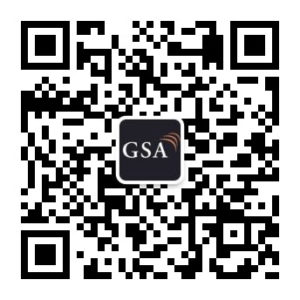African C Band Satellite Report: Systems House – 2021
EXECUTIVE SUMMARY
The mobile industry has significant interest in accessing a portion of the C band spectrum currently assigned to satellite services globally. Plans to free up C band spectrum are already well advanced in Europe and migrations underway in USA. This study was commissioned to provide an understanding of the current use of C band for satellite services in Africa, the amount of capacity available and being used, and the possible mitigation and migration strategies if a portion of the C band was allocated to IMT services.
Background
There are a number of allocated frequency bands for commercial geostationary satellite services these being designated L, S, C, X, Ku, Ka and Q/V bands. Of these bands, C and Ku band have been the main bands historically used for commercial geostationary communication services. Reasons for continued use of C band over other bands include availability of deployed equipment, minimal impact of rain attenuation ie. good link availability, and wide beam coverage areas with up to 30% of the earthís surface able to be covered by a single satellite. The typical sizes of the antennas of C band client terminal sizes are 1.8m, 2.4m and 3.8m, with 1.8m and 2.4m probably representing 60%+ of the deployed C band client terminal base. Typical teleport antenna sizes used are 4.8m, 6.5m, 7.3m and 9m.
The main user applications for C band services are:
1. Trunking and cellular backhaul
2. Television contribution and distribution
3. Enterprise VSAT services with a main segment being Maritime and offshore Oil and Gas platforms
4. Air Traffic Control
5. Military
It should be highlighted that there are no C band DTH television services in Africa.
African C Band Satellite Report: Systems House – 2021
WeChat: GSA Express


© GSA 2021
